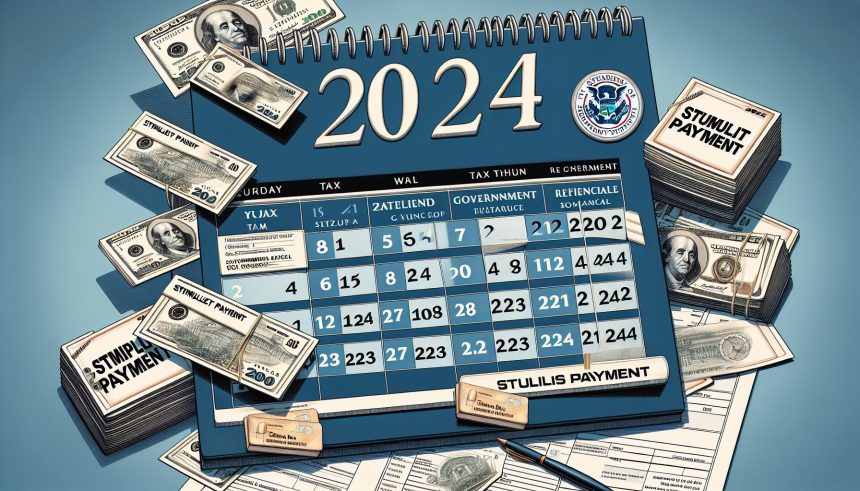The U.S. Internal Revenue Service (IRS) started issuing tax refunds for the 2024 tax year on February 27. Eligible Americans could receive additional stimulus checks upon application. Electronically generated returns are now an available option with significant amendments to the U.S. tax code. Additional stimulus application deadlines should be noted.
An available program for eligible taxpayers, the Earned Income Tax Credit (EITC), offers a refundable tax credit up to $7,430. This credit can supplement wage income and reduce tax burdens, especially for low and moderate-income individuals and families. EITC values adjust annually. It’s not automatic; taxpayers must claim it during their annual tax return.
Unfortunately, many eligible taxpayers miss out on the EITC program because they are unaware of it. The IRS estimates four out of five eligible taxpayers utilize this benefit, leaving millions who fail to apply. A significant boost in awareness and education about the EITC is needed.
The Center on Budget and Policy Priorities reported that in conjunction with the Child Tax Credit, the EITC lifted approximately 10.6 million individuals above poverty in 2018, reducing poverty severity for an additional 17.5 million. Financial stability for millions of Americans can be attributed to these programs. Increased support and funding help fight poverty and promote economic equity.
EITC eligibility includes maximum earned income and investment income limits, a valid U.S. Social Security number, U.S. citizenship, no Form 2555 filed regarding foreign income, and other professional group-specific regulations. EITC amounts vary based on dependents and filing status.
For the 2022 tax year, 23 million workers and families received almost $57 billion through the EITC, approximately $2,541 per taxpayer on average. However, application for the EITC can result in refund delays. Direct deposits are recommended to hasten the process. Applicants should prepare paperwork ahead of time and file early. Relevant changes in income or family size should be checked for eligibility. Protentional delays should be planned for and professional tax help sought if needed.







